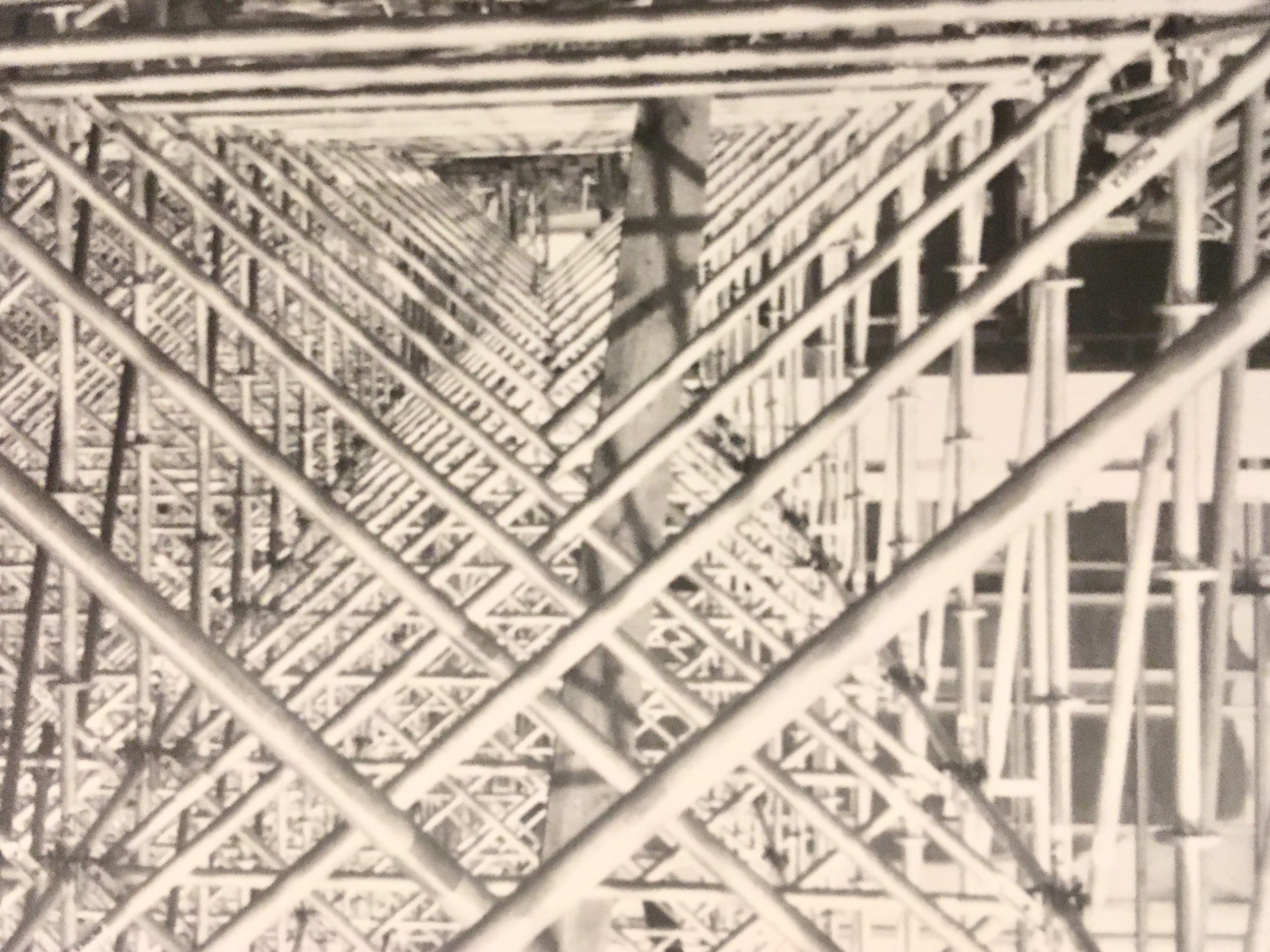In a book published a few years ago, Stasis. Civil War as a Political Paradigm, I tried to show that in classical Greece the possibility – I stress the term “possibility” – of civil war functioned as a threshold of politicization between the oikos and the polis, without which political life would have been inconceivable. Without stasis, the standing up of citizens in the extreme form of dissent, the polis is no longer such. This constitutive link between stasis and politics was so inescapable that even in the thinker who seemed to have based his conception of politics on the exclusion of civil war, namely Hobbes, it remains virtually possible until the very end.
The hypothesis that I would like to propose is then that if we have reached the situation of absolute depoliticization in which we now find ourselves, this is precisely because the very possibility of stasis has been progressively and integrally excluded from political reflection in recent decades, even through its surreptitious identification with terrorism. A society in which the possibility of civil war, i.e. the extreme form of dissent, is excluded is a society that can only slide into totalitarianism. I call totalitarian a thought that does not contemplate the possibility of confronting the extreme form of dissent, a thought, that is, that admits only the possibility of consent. And it is no coincidence that it is precisely through the establishment of consensus as the sole criterion of politics that democracies, as history teaches us, have fallen into totalitarianism.
As often happens, what has been removed from consciousness re-emerges in pathological forms, and what is happening around us today is that oblivion and inattention to stasis go hand in hand, as Roman Schnur observed in one of the few serious studies on the issue, with the progress of a sort of world civil war. It is not only a matter of the fact, also not to be neglected, that wars, as jurists and political scientists had already noted for some time, are no longer formally declared and, transformed into police operations, acquire the characteristics that were usually assigned to civil wars. What is decisive today is that the civil war, by creating a system with the state of exception, is transformed, like the latter, into an instrument of government.
If one analyzes the decrees and devices implemented by governments in the last two years, it is clear that they are aimed at dividing people into two opposing groups, between which a sort of ineliminable conflict is established. Infected and healthy, vaccinated and unvaccinated, green-passed and ungreen-passed, integrated into social life or excluded from it: in any case, the unity between citizens, as happens in a civil war, has been lost. What has happened before our eyes without our noticing it is, that is, that the two limit-forms of law and politics have been unscrupulously used as normal forms of government. And while in classical Greece, stasis, insofar as it marked an interruption of political life, could not for any reason be concealed and transformed into a norm, today it becomes, like the state of exception, the paradigm par excellence of the government of men.”
9-04-2022
(DUPRE commission intervention, Dubio e precauzione commiss
original here
,
,,,,

